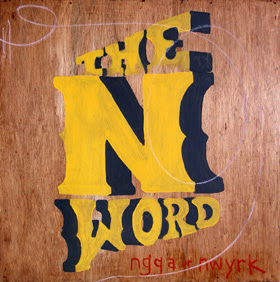
Hip-Hop music also known as rap came into existence in the middle of the 1970s. The four main components of Hip-Hop being rapping (MCing), DJing (production and scratching) along with hip hop dance (break dancing) and urban inspired art, graffiti. Hip-Hop is a cultural movement to the African American and Latino cultures.
Hip-Hop is popularly known for its rhyming lyrics and punch lines. Some of the first major rap artists were Afrika Bambaataa and the Zulu Nation, Big Daddy Kane, The Sugarhill Gang, and Run DMC. As the years went on the music started to change. In the early 90s gangsta rap was created. Artists such as Tupac, Notorious B.I.G. and Snoop Dog, Bones Thugs-N-Harmony started this new movement. Gangsta rap is most known for its controversial lyrics promoting violence, promiscuity, drug use and misogyny (degrading of women). The new era of hip-hop had a lot of animosity towards it. Music artist was look down upon because of their choice of words, but wouldn’t the government be violating their right of freedom of speech if they weren’t allowed to express themselves the way the wanted to.
http://en.wikipedia.org/wiki/Hip_hop_music
Hip-Hop is popularly known for its rhyming lyrics and punch lines. Some of the first major rap artists were Afrika Bambaataa and the Zulu Nation, Big Daddy Kane, The Sugarhill Gang, and Run DMC. As the years went on the music started to change. In the early 90s gangsta rap was created. Artists such as Tupac, Notorious B.I.G. and Snoop Dog, Bones Thugs-N-Harmony started this new movement. Gangsta rap is most known for its controversial lyrics promoting violence, promiscuity, drug use and misogyny (degrading of women). The new era of hip-hop had a lot of animosity towards it. Music artist was look down upon because of their choice of words, but wouldn’t the government be violating their right of freedom of speech if they weren’t allowed to express themselves the way the wanted to.
http://en.wikipedia.org/wiki/Hip_hop_music




